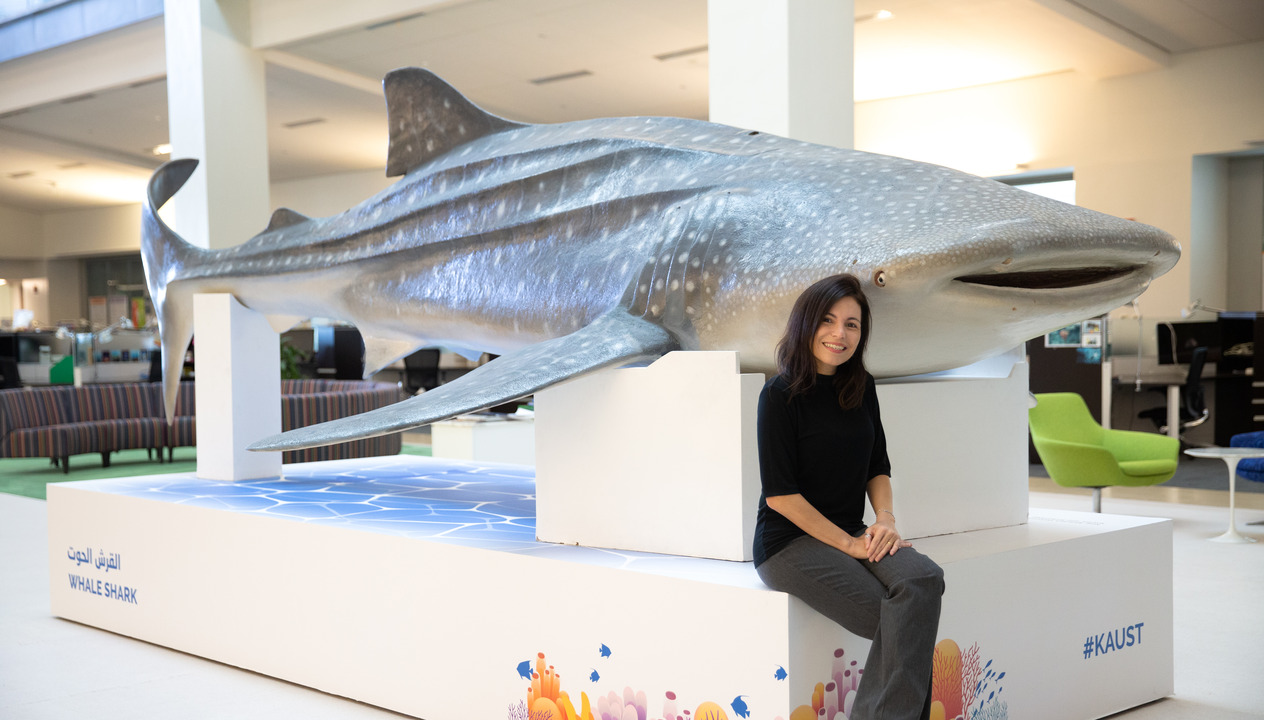KAUST scientist leads unprecedented global call for climate solutions

King Abdullah University of Science and Technology (KAUST) is leading an unprecedented emergency-style broadcast published simultaneously by 14 academic journals and released at COP29 in Baku yesterday, with 18 leading microbiologists urging international governments to deploy ‘vaccines’ against climate change.
“The COVID-19 crisis saw the most rapid deployment of an emergency response framework in modern history,” says Raquel Peixoto, Associate Professor of Marine Science at KAUST, and President of the International Society for Microbial Ecology.
“Our call to action today is to recognize the urgency of addressing the climate crisis by deploying an emergency framework of simple solutions.”
“The impacts of climate change are of a much bigger and more widespread scale than COVID-19. Catastrophic weather events are claiming lives at an alarming rate, feeding the global population has never been harder due to loss of crop yields, and sea level rise is claiming entire nations across the Pacific.”
“We’re outlining six simple ‘vaccine’ examples that could be fast-tracked now. Much like the early days of COVID-19 vaccines, some of these solutions are still being developed in the lab. We need urgent support from governments to scale, fund, and deploy these as solutions against climate change.”
Professor Raquel Peixoto is the first and corresponding author of the publication prepared by 18 scientists representing 24 microbiology scientific societies and institutions. Along with the content, the means of the announcement was intended to make news.
“Multi-journal publications are extremely rare. We are leading by example, showing that we – and publishers – can overcome any red tape without missing quality and rigor when the situation requires so. As authors, we believe the climate crisis is the most pressing issue of our lifetime and requires an alarm to be issued across multiple academic outlets,” added Peixoto.
The list of microbial ‘vaccines’ examples the group are calling for include:
Carbon Sequestration Boosters - Using microbes to help lock carbon into soils and oceans, cutting down CO₂ in the atmosphere and enriching soil for better crop growth.
Methane Busters - Incorporating bacteria into landfill sites to reduce the methane that litter emits. This can also be applied to livestock farms and wetlands.
Microbial Bioenergy - Using algae, yeast, sugarcane, vegetable oils and animal fats to make biofuels that replace the need for fossil fuel.
Pollution Fighters - Using microbes to breakdown the pollutants in industrial waste from construction sites, cleaning up contaminated land and water.
Microbiome Therapy - Changing the diet of cows to reduce the methane they produce.
Fertilizer Revolution - Replacing synthetic nitrogen in fertilizers with natural bacteria to improve air and water quality

